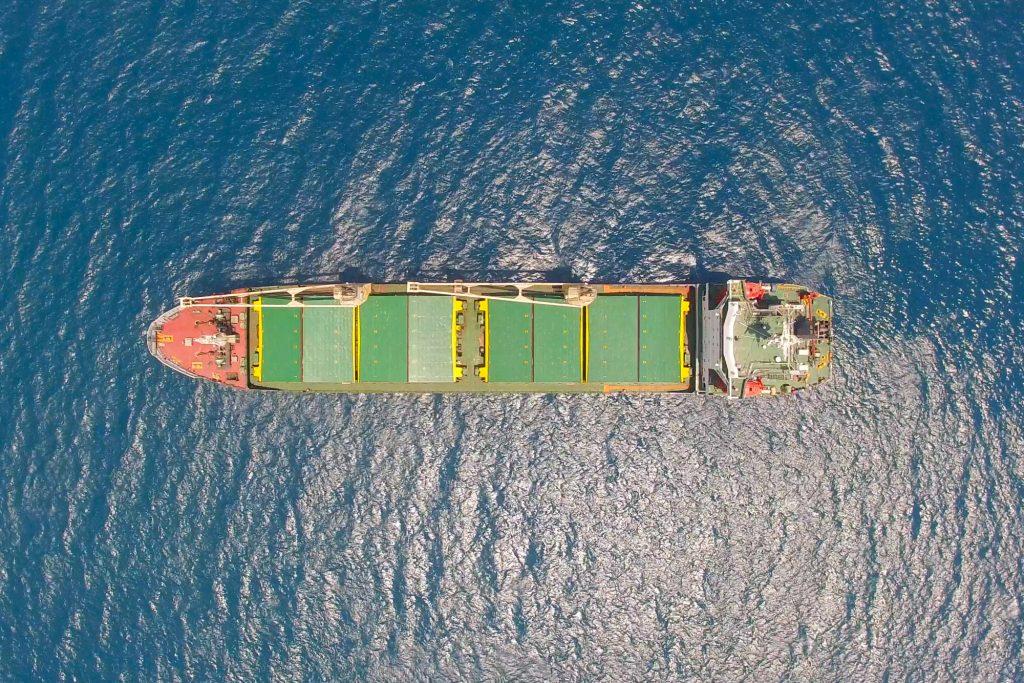Shipbroking: An Overview of the Industry

Shipbroking plays a vital role in global seaborne trade. As an intermediary, shipbrokers act as the link between ship owners, charterers and other parties involved in maritime transactions. Let's take a closer look at various aspects of this specialized industry.
The Role of Shipbrokers
Shipbrokers act as agents bringing together ship owners willing to charter out their vessels and cargo owners or charterers seeking tonnage. They negotiate contracts of affreightment on behalf of their principles. Common types of contracts brokered include time charters, voyage charters and contract of affreightment. Shipbrokers represent both Charterers and Owners in conducting these transactions efficiently.
Beyond chartering, brokers also assist clients with sale and purchase of vessels, arranging ship finance and insurance. They provide market information and updates to help principals make well-informed commercial decisions. Overall, shipbrokers facilitate trade and maximize utilization of the global tonnage.
Commonly Brokered Cargo Types
Dry bulk commodities like iron ore, coal, grains and minor bulks form a major portion of seaborne trade volume. As such, dry bulk carrier vessels are the most commonly chartered asset class through shipbrokers. Tankers dedicated to crude oil and refined petroleum products are also heavily brokered.
With growing containerization of general cargo, containerships have emerged as another major asset brokered. Specialized vessels used to transport cars, roll-on roll-off cargo and liquefied natural gas are also covered. Niche brokers also handle chartering of offshore energy support vessels and barges.
Global Distribution and Demand Drivers
Shipbroking is a truly global industry with major brokerage hubs located in all the key port and trading centers. London has historically been the largest commercial shipping market globally with a large broker representation.
Singapore and Hong Kong have emerged as leading Asia-Pacific shipbroking hubs due to their strategic locations along major East-West trade routes. Other major centers include New York, Tokyo, Athens and Houston. Demand for shipbroking services largely tracks volumes and dynamics of global seaborne trade in different asset classes.
Get more insights on This Topic- Shipbroking
- Art
- Causes
- Crafts
- Dance
- Drinks
- Film
- Fitness
- Food
- Juegos
- Gardening
- Health
- Home
- Literature
- Music
- Networking
- Other
- Party
- Religion
- Shopping
- Sports
- Theater
- Wellness
- IT, Cloud, Software and Technology


